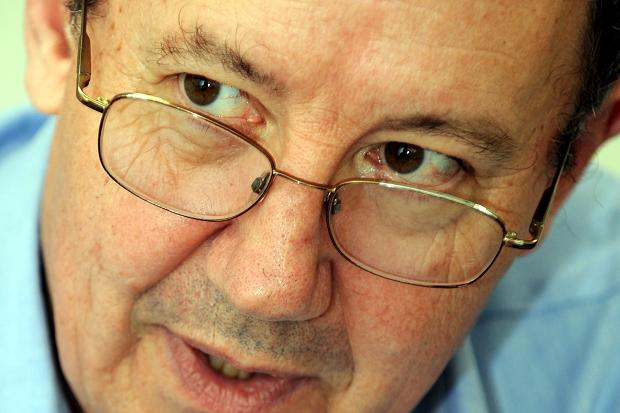Great Throughts Treasury
This site is dedicated to the memory of Dr. Alan William Smolowe who gave birth to the creation of this database.

David Christian, fully David Gilbert Christian
American Historian and Scholar of Russian History notable for creating and spearheading an interdisciplinary approach known as Big History.
"As an anonymous wit is supposed to have put it: "Hydrogen is a light, odorless gas which, given enough time, changes into people."
"For the first time there appeared on earth kings, dictators, high priests, emperors, prime ministers, presidents, governors, mayors, generals, admirals, police chiefs, judges, lawyers, and jailers, along with dungeons, jails, penitentiaries, and concentration camps. Under the tutelage of the state, human beings learned for the first time how to bow, grovel, kneel, and kowtow. In many ways the rise of the state was the descent of the world from freedom to slavery."
"Creation myths are powerful because they speak to our deep spiritual, psychic, and social need for a sense of place and a sense of belonging. Because they provide so fundamental a sense of orientation, they are often integrated into religious thinking at the deepest levels... It is one of the many odd features of modern society that despite having access to more hard information than any earlier society, those in modern educational systems do not normally teach such a story. Instead, from schools to universities to research institutes, we teach about origins in disconnected fragments. We seem incapable of offering a unified account of how things came to be the way they are."
"Metanarratives exist, they are powerful, and they are potent. We may be able to domesticate them; but we will never eradicate them. Besides, while grand narratives are powerful, subliminal grand narratives can be even more powerful. Yet a ‘modern creation myth’ already exists just below the surface of modern knowledge. It exists in the dangerous form of poorly articulated and poorly understood fragments of modern knowledge that have undermined traditional accounts of reality without being integrated into a new vision of reality. Only when a modern creation myth has been teased out into a coherent story will it really be possible to take the next step: of criticizing it, deconstructing it, and perhaps improving it. In history as in building, construction must precede deconstruction. We must see the modern creation myth before we can criticize it. And we must articulate it before we can see it."